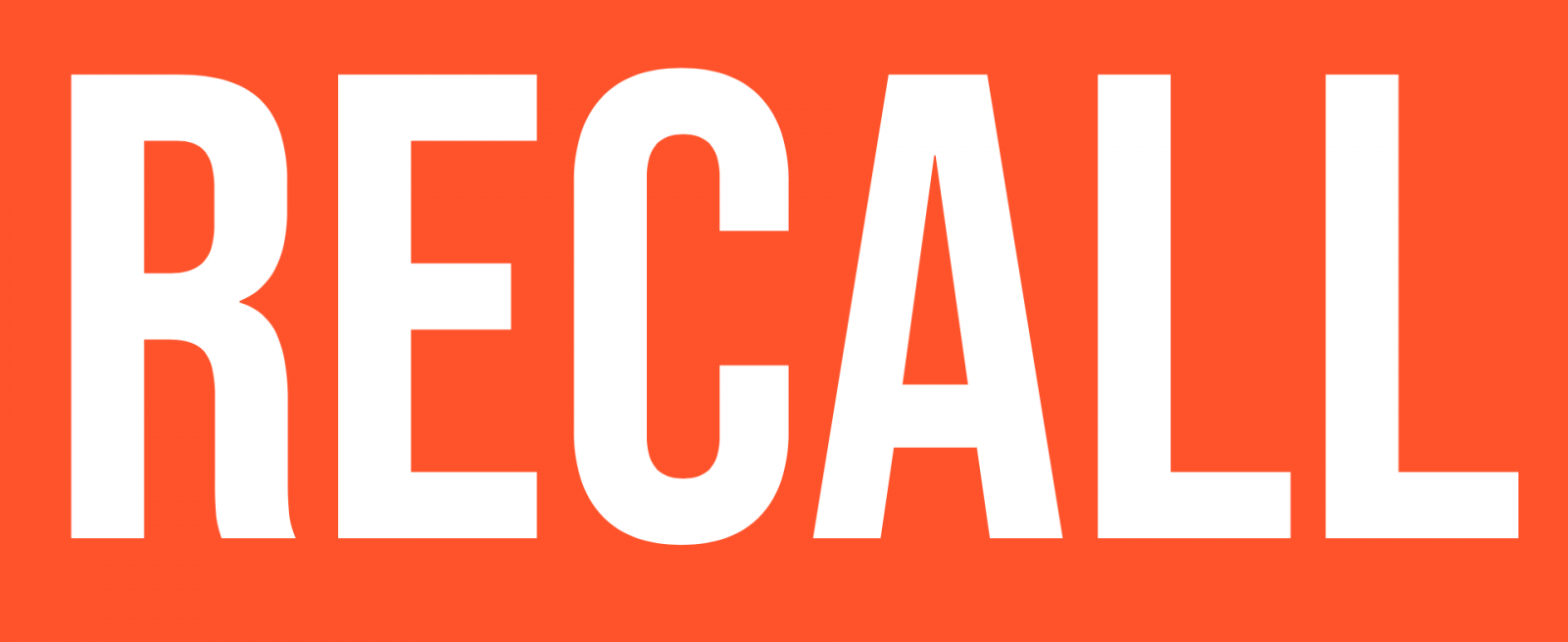What Restaurants Need to Know About Recalls
3 Min Read By Roger Hancock
The FDA has already issued more than 50 food recalls in 2024, causing many consumers to worry about food safety – and raising an important question for the restaurant industry: Would we know exactly what to do in a recall situation?
After restaurants complained to MF Meats about a chemical taste in their products, the company recalled more than 93,000 pounds of meats that may have been contaminated with non-food grade mineral seal oil. Around the same time, M&P Production LTD recalled raw lamb and beef samsa products due to misbranding and an undeclared allergen. Other recent recalls have included charcuterie meats, applesauce, tahini, and more.
During a recall, the biggest challenge for restaurants is getting complete, accurate information from their suppliers and passing it along to all their locations. Restaurants’ biggest worry is protecting their brand reputation due to something that likely wasn’t their fault.
As food recalls continue, it’s wise for restaurants to review their recall protocols. Use these best practice tips to protect your food, guests, employees, and brand.
Before a Recall
It’s essential to prepare for a recall before it actually happens, so:
- Buy from reputable suppliers. Ensure that your suppliers prioritize food safety and consistently follow best practice safety protocols. Only buy from approved suppliers, and maintain accurate and up-to-date product records (by lot identifier and production date).
- Make a recall plan. A recall could happen at any time, so have a plan in place before you need it. This should include clear roles and responsibilities, outlining what needs to happen and who will manage each activity (e.g., who will manage communications to different stakeholders, who will notify supply chain partners, etc.)
- Train your team. Employees must be Recall Ready, so train them about the process, explain what must occur, and instruct them to work swiftly, properly, and calmly in a recall situation. Assemble a recall team that represents all business functions that would be impacted, and ensure everyone understands their roles.
- Practice. Staging a mock recall helps employees practice what they’d need to do in a real-life recall situation. Without these simulations, restaurant leaders can’t identify and address process gaps – or feel confident that their employees would know what to do during an actual recall.
During a Recall
If you’ve properly prepared – with a plan, assigned roles, training, and practice – your team should be well-equipped for a recall. During a recall, your team should:
- Gather comprehensive information. Data is integral to recall management. Employees should collect product details to determine which products were impacted.
- Act quickly. Pull any contaminated products immediately. Have a system in place to record what has been pulled and ensure all recalled products are accounted for, and none remain in walk-ins, prep areas, etc.
- Communicate effectively. Good communication – fast, accurate, actionable – is key to a successful recall. Communicate with key audiences (including employees, customers, supply chain partners, investors, regulators, and the media), tailoring messages to each audience. Provide the information they need to take appropriate actions. Contact your suppliers to arrange for the return or replacement of affected products. Reach your customers through social media, email, your website, or other channels, reassuring them about your unwavering commitment to food safety.
- Leverage tech tools. Recall management is easier when you use the proper tech tools. When food businesses – from processors to retailers – use tech solutions to manage recalls, they’ll get faster, more accurate notifications about contaminated products, allowing them to act immediately and minimize risks to their customers, supply chain partners, and reputation. These tools have become more affordable, accessible, and user-friendly, making them an ideal solution for organizations of all sizes and budgets.
After a Recall
Once you’re confident that the recalled products have been pulled and key audiences have been notified, there are a few important post-recall steps to complete:
- Monitor progress and adjust, as necessary. Review media coverage to understand what’s being reported. Monitor customer feedback (including social media comments) and respond promptly, being sure not to sound negative or defensive. Reassure customers that their safety is your top priority and that you’re committed to maintaining gold standard protocols.
- Review and learn. After the recall has been resolved, conduct a thorough review of your response process, identifying any lessons learned that can improve the way you manage future recalls.
Unfortunately, there’s no sign of food recalls stopping, so your restaurant must be prepared to handle them quickly, effectively, and transparently. Prepare for a recall by developing a plan, training your staff, assigning roles, and participating in simulations so everyone knows what to do in an actual recall situation. Then, when a recall occurs, stay calm, pull recalled products, and communicate effectively. Through all of your efforts, reiterate your commitment to keeping your foods, guests, and employees safe.


